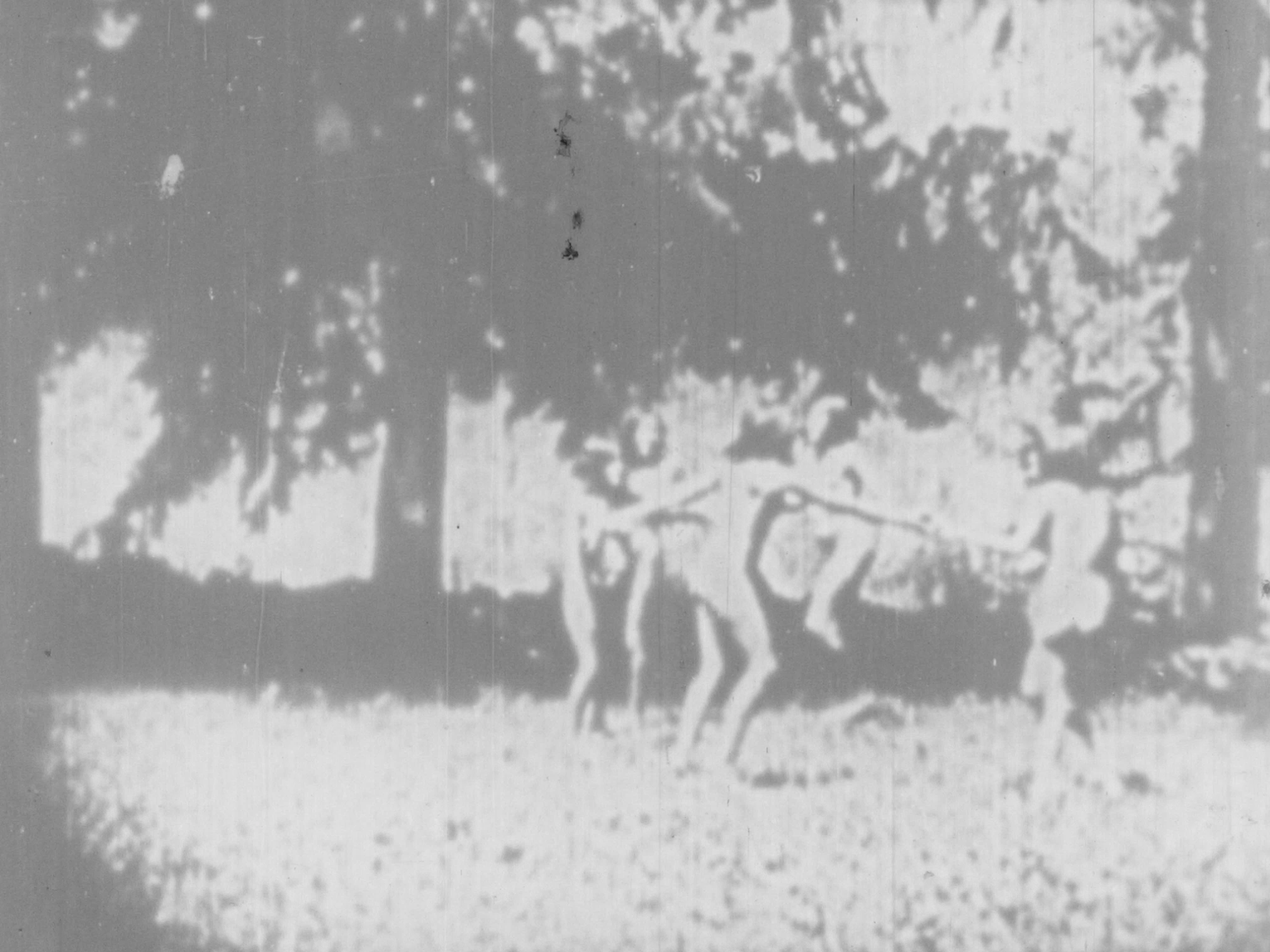

El Satario: Screening and Discussion
May 6, 2021 @ 4:00 pm - 6:00 pm
| FreeThe ArQuives: Canada’s LGBTQ2+ Archives and the Cinema Studies Institute at the University of Toronto are excited to co-sponsor a screening and discussion of El satario on Thursday, May 6 at 4PM Eastern Time on Zoom. Please note that registration is required, and space is limited. We anticipate a large audience. This event will be recorded.
El satario is widely considered the oldest extant pornographic film. It is rumored to have been produced in Argentina between 1907 and 1912 – though its exact date and place of production are unknown. For the first time, three different prints of El satariohave surfaced in a single location: Toronto, Canada. Until now, none of these prints have been available for scholarship. Last year, The ArQuives: Canada’s LGBTQ2+ Archives discovered a previously unknown print in its collection. Meanwhile, two prints, previously known to collectors, have been donated to the Mark S. Bonham Centre’s Sexual Representation Collection at the University of Toronto. Sponsored by The ArQuives and the Cinema Studies Institute at the University of Toronto, this event will screen The ArQuives’ print of El satario and bring together three scholars of early Latin American cinema and visual culture to examine the film’s social, cultural, and technical context, and the mysterious circumstances of its production, circulation, and reception.
Discussants:
Carolina Cappa is an audiovisual archivist and media professor. She has just published “Nitrato argentino, una historia del cine de los primeros tiempos” (Argentine nitrate, an early cinema history), a book and an open access website for the preservation and research about early Argentinian film. She worked as a film preservation specialist at the Museo del Cine “Pablo Ducrós Hicken” (Argentina) for over a decade and was head of the film archive at Cinemateca Boliviana (Bolivia). She has worked on several film restoration projects, including “El Bolillo Fatal“, a previously lost 1927 Bolivian film. As a professor, she has taught courses on audiovisual creation and technology within the programs of Image and Sound Design and Graphic Design at the University of Buenos Aires. She collaborates as researcher at the media archaeology project IDIS and teaches the workshop “Pequeños archivos audiovisuales” (Small Audiovisual Archives) towards the creation of decentralized and community audiovisual archives. Currently, she is a professor and Master’s thesis supervisor at the Film Preservation program of the Elías Querejeta Zine Eskola (Donostia, Spain).
Andrea Cuarterolo, PhD, is a professor at the University of Buenos Aires and a researcher at the National Scientific and Technical Research Council (CONICET), where she specializes in the study of Argentine and Latin American precinema and early cinema. She is the author of De la foto al fotograma: Relaciones entre cine y fotografía en la argentina 1840–1933 and the co-editor of the volumes Pantallas transnacionales. El cine argentino y mexicano del período clásico and Diez miradas sobre el cine y audiovisual. Since 2015, she directs with Georgina Torello the journal Vivomatografías. Revista de estudios sobre precine y cine silente en Latinomérica, an annual, peer-reviewed and open-access publication focused on precinema and silent cinema in Latin America. She currently co-directs the Centro de Investigación y Nuevos Estudios sobre cine (Facultad de Filosofía y Letras de la Universidad de Buenos Aires) and the Asociación de Estudios sobre Precine y Cine Silente Latinoamericano (PRECILA).
Leonardo Gomes is a recent graduate of Ryerson University’s Master’s program in Film and Photography Preservation. His thesis, entitled “Afternoon of El satario: Expanding on the Finding of an Unidentified Print,” examined his path to uncover the social, cultural, and technical context behind the film’s production, circulation, and reception. While volunteering at The ArQuives: Canada’s LGBTQ2+ Archives, he discovered the previously unknown print of El satario that inspired this event. He is currently a research assistant with the Archive/Counter-Archive project, where he is part of the CFMDC case study. His main research interests are Latin American cinema, stag films, and early erotic and pornographic gay cinema. He also has a passion for precinema, early, and silent film, and hopes to make a career as a film archivist and researcher.
